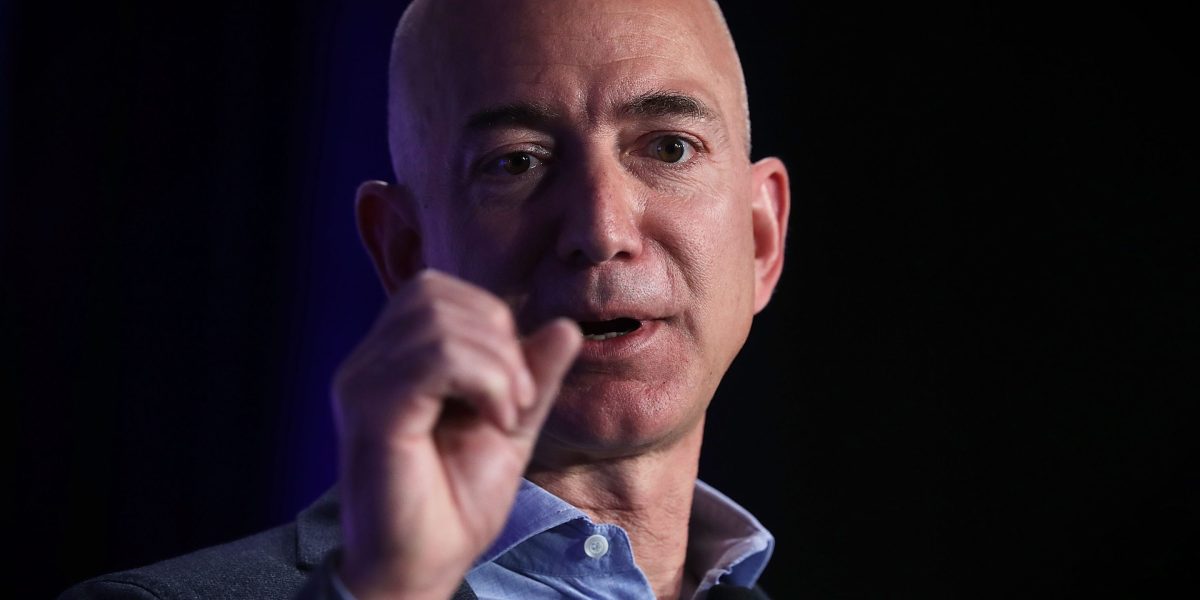
“Upskilling” is one of the biggest workplace buzzwords of 2024, as a tech revolution and confusing labor market propel HR leaders to make the most out of the employees they already have. Now one major employer is stepping into the ring with a plan to offer career pathing and training to hundreds of thousands of workers.
DHL, a logistics company headquartered in Germany, is currently upskilling more than 160,000 workers internationally through a new perk called Career Marketplace it rolled out last month. The platform is accessible through the company’s Smart Connect app, which houses other employee functions like paystub access and uniform orders. Available to the vast majority of DHL workers, Career Marketplace helps employees identify their current skill set through a taxonomy they help create by listing things like customer service, coding, negotiation, or leadership. Employees and their skills are then matched with potential growth opportunities and open jobs within the company via AI. Employees then have the option to take training that can range from creating effective presentations and learning Python, to overcoming work style differences and giving quality performance feedback.
DHL’s CHRO Thomas Ogilvie tells Fortune that the company decided to make the investment in the platform to keep up with a changing labor force and skill demands. In an industry like logistics, where turnover rates were around 31% in 2021, the hope is that these tools can be the tipping point to retain workers. DHL hopes most qualified employees will be using the platform by the middle of 2025.
“This is an important ingredient in retaining talent,” says Ogilvie. “For those who are at the beginning of their career, this is a very compelling service offering. Because it’s an internal job market—I prefer to have internal fluidity across our departments.”
The upskilling platform also has the potential to save the company money in the long run. On average, onboarding a new worker costs around $4,700, according to a 2022 report from SHRM, a human resources networking firm. But many employers estimate the cost-per-hire of a staffer could be upwards of three or four times the position’s salary.
“If you just look at the end-to-end cost of recruiting, that’s quite an investment. It would be stupid if a company says ‘I’ll double down on recruiting,’ if you then don’t double down on keeping your people,” Ogilvie says.
Despite the ambition to get everyone on board with the tool by the middle of next year, Ogilvie clarifies that he has no intention of forcing all workers to use the platform. Doing so would drive a wedge between him and his workforce, he says—plus, not everyone wants to make a job change at the company.
“Forcing people to make a career is not a good idea. You have some solid performers who are happy residents for various reasons in whatever they do,” he says.
Emma Burleigh
emma.burleigh@fortune.com
How will your business adapt in the face of a shifting global landscape? Join global executives and policy leaders at the Fortune Global Forum in New York City Nov. 11-12 to discuss AI, the future of democracy, rising geopolitical tensions, and more. Request your invite here.
Around the Table
A round-up of the most important HR headlines.
LinkedIn is rolling out new tech tools and AI assistants to help job-seekers find relevant positions and polish their applications. Business Insider
Workers want weight-loss drugs like Ozempic and Wegovy, but employers are struck by the high costs—so some companies are opting to offer employees low-cost versions. Bloomberg
Boeing is shedding stock and raising around $19 billion to offset the financial devastation from the worker strike which costs the company tens of millions of dollars everyday. New York Times
Watercooler
Everything you need to know from Fortune.
Running on empty. A new report finds that Gen Z frontline workers feel the most burnt out, and are the least satisfied with their overall employee experience, compared to other generations. —Chloe Berger
Consequences. Starbucks says employees who resist the company’s three-day RTO mandate will face repercussions “up to, and including, separation.” —Daniela Sirtori, Matthew Boyle, Bloomberg
Robot colleague. A startup providing “AI coworkers” to financial professionals announced an $8.7 million seed fund, and the tool is already being used by some CFOs. —Sheryl Estrada




